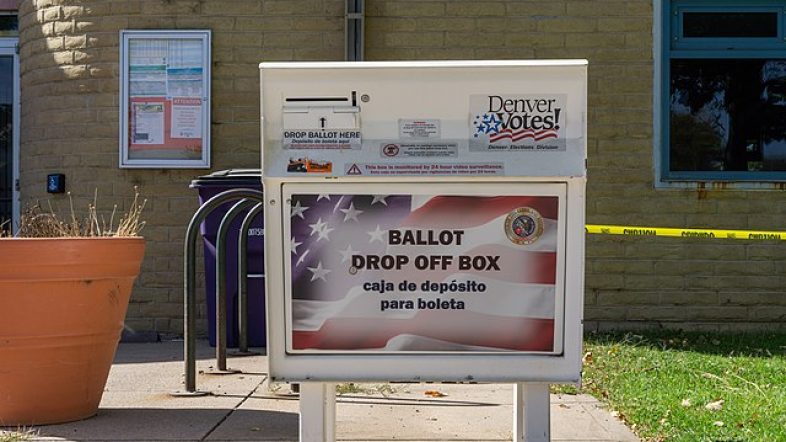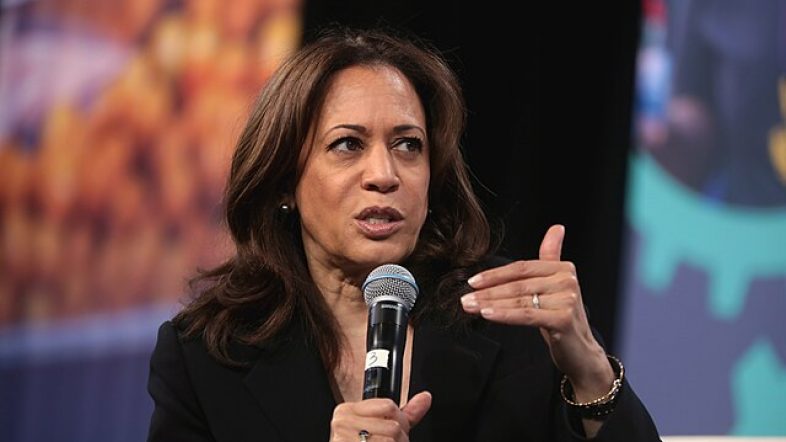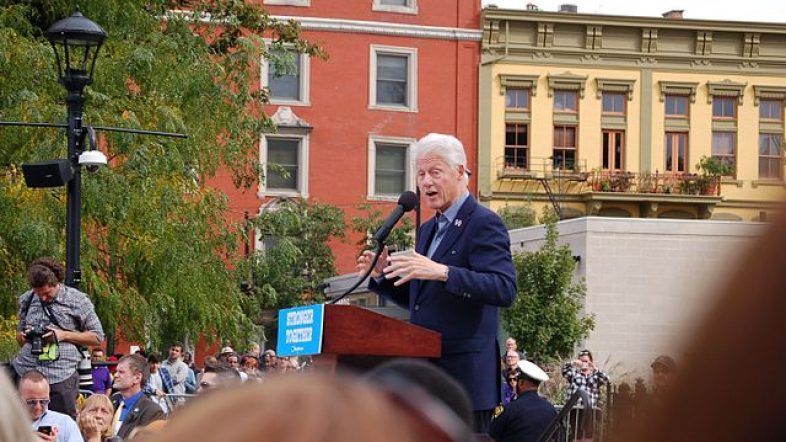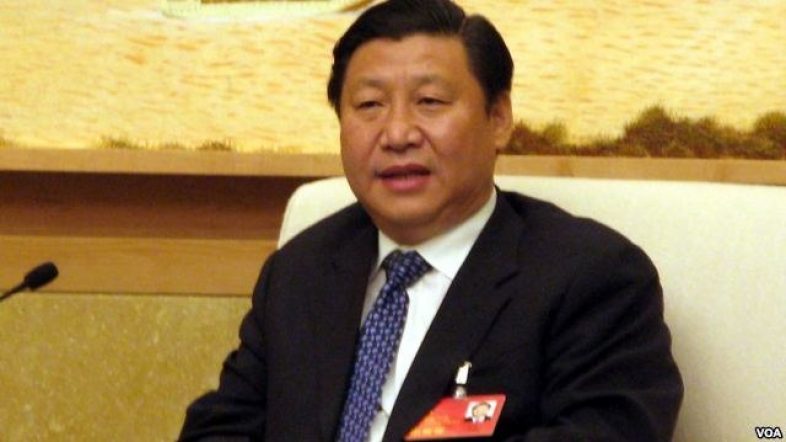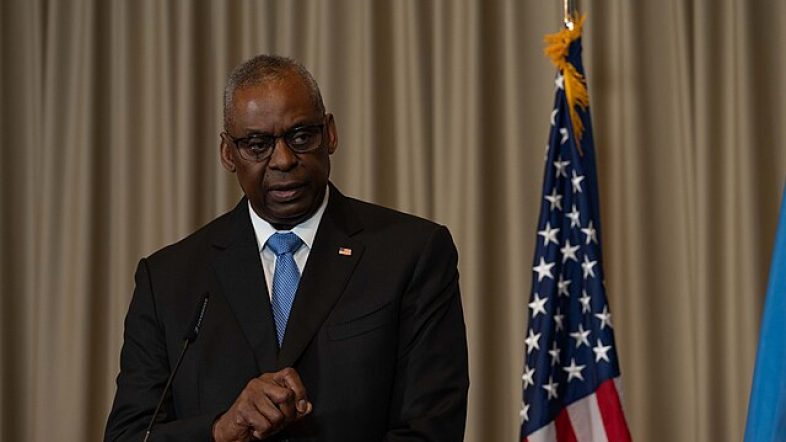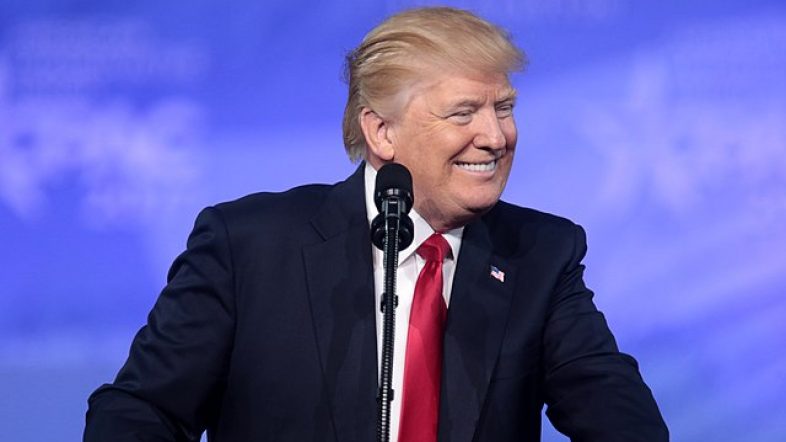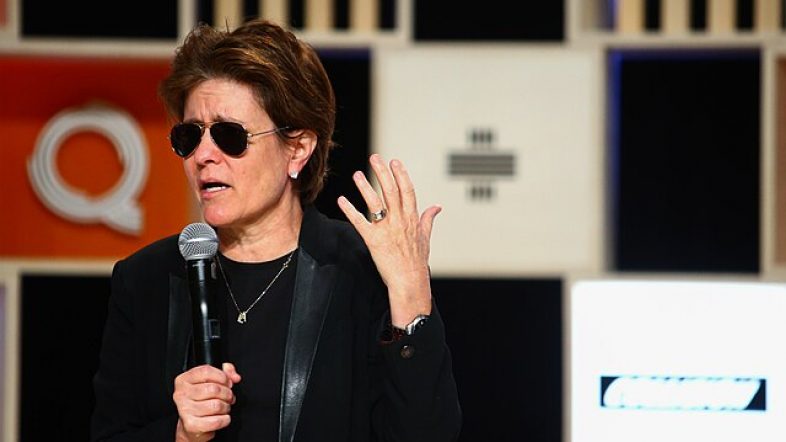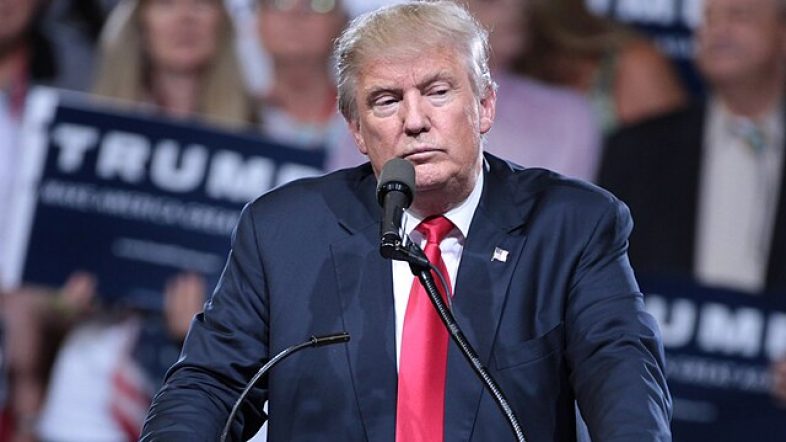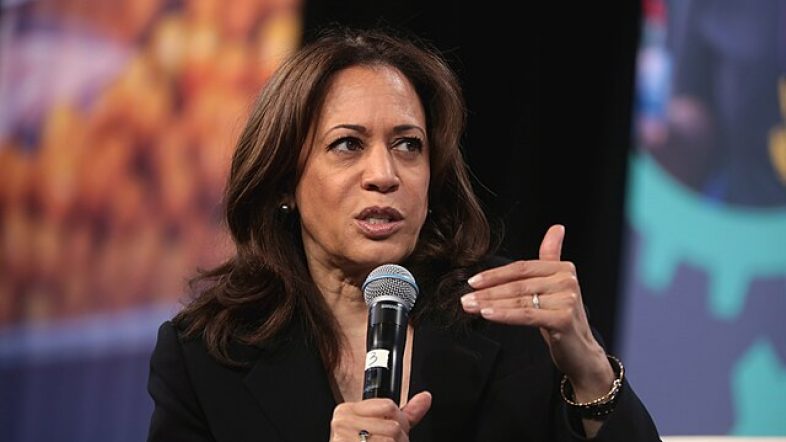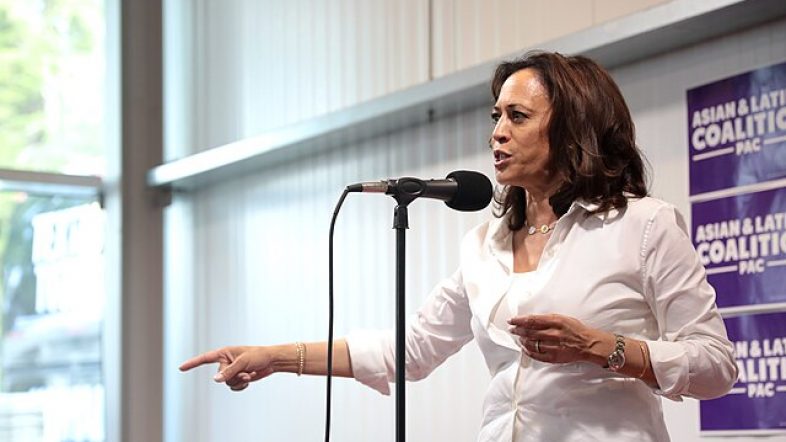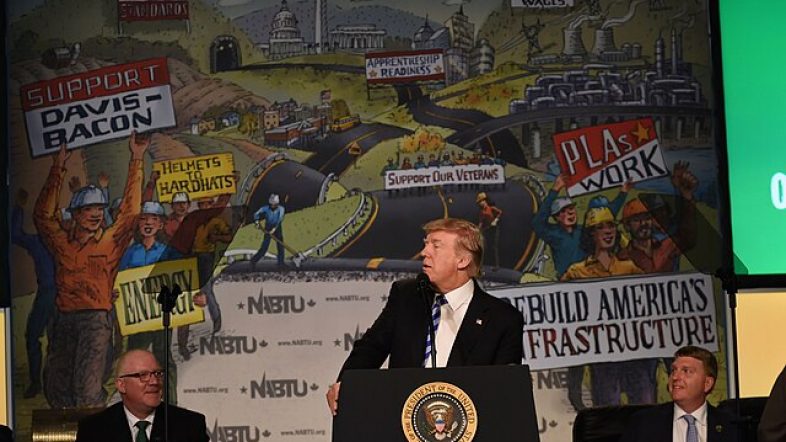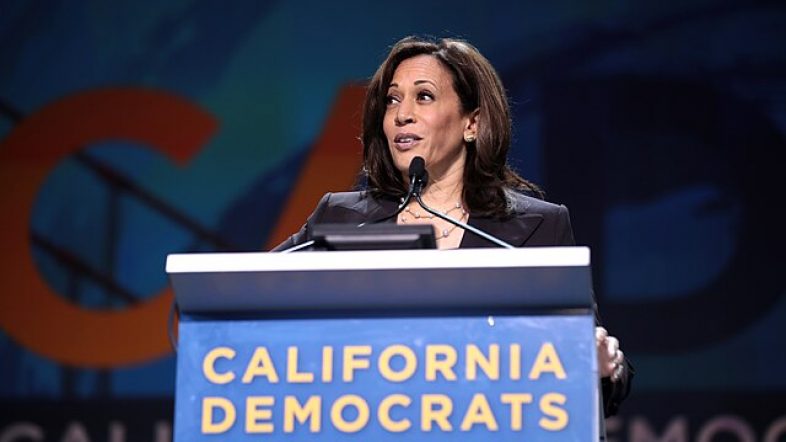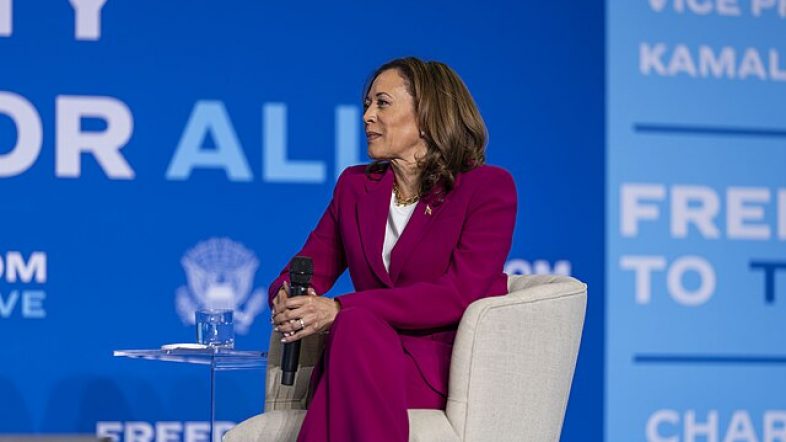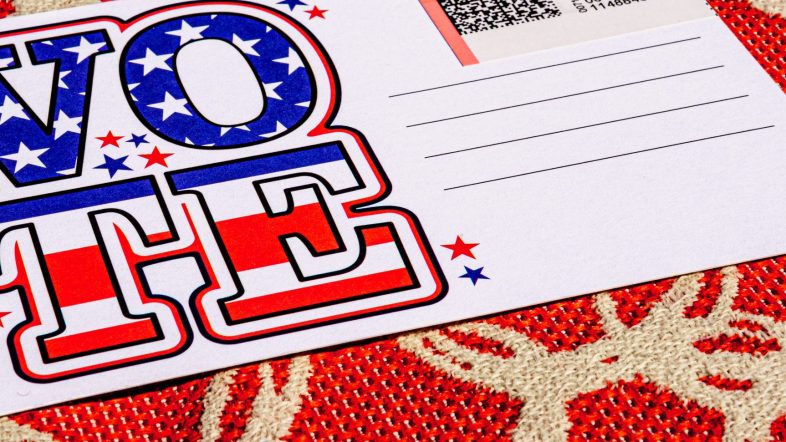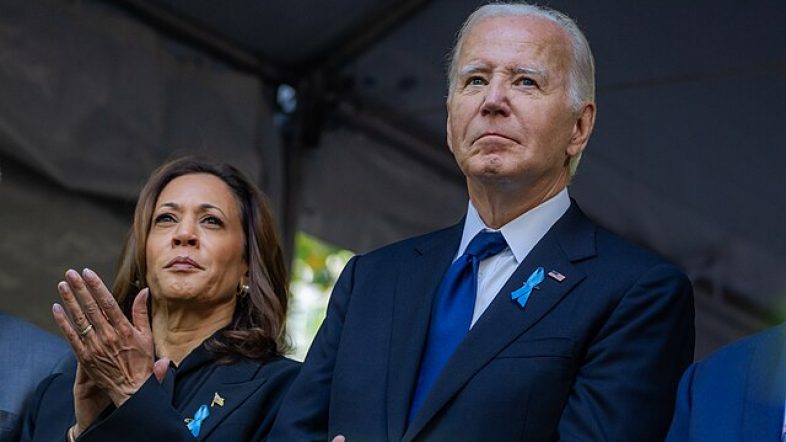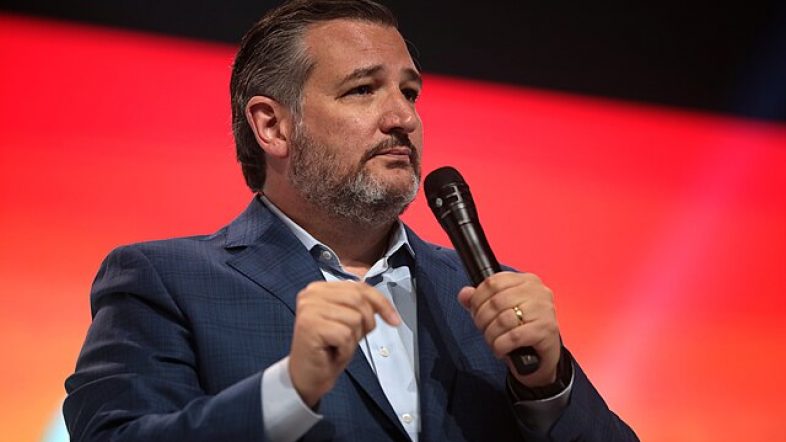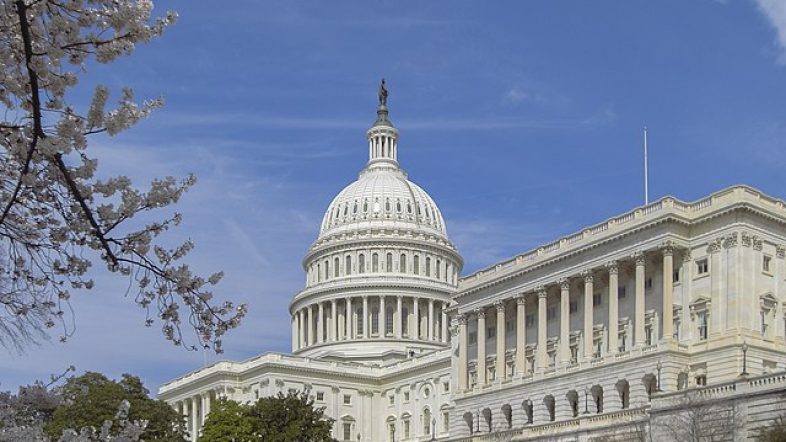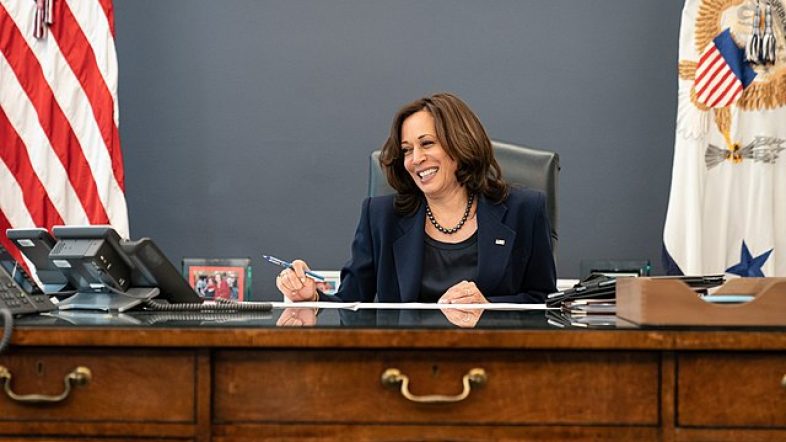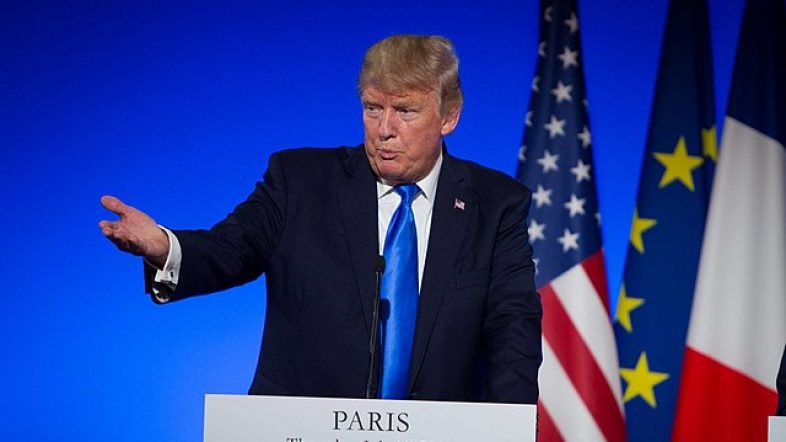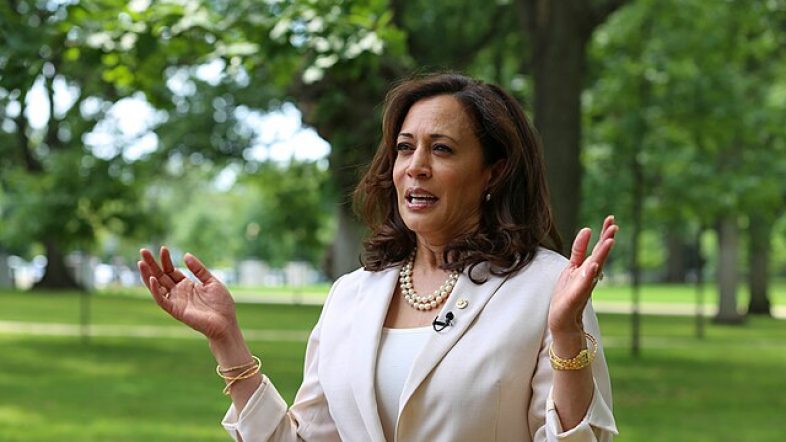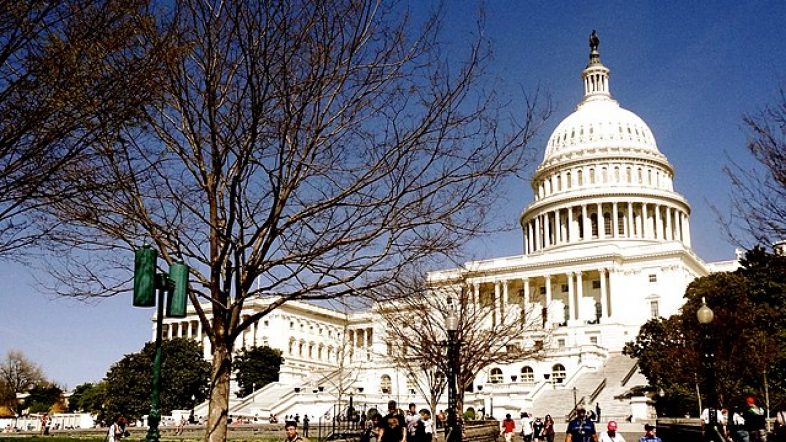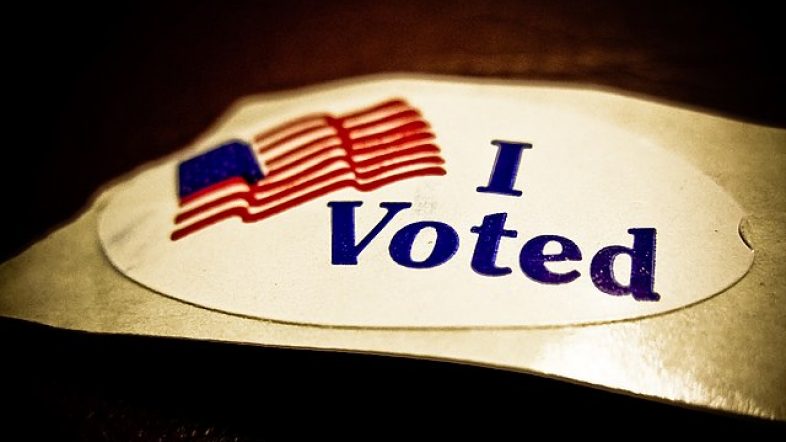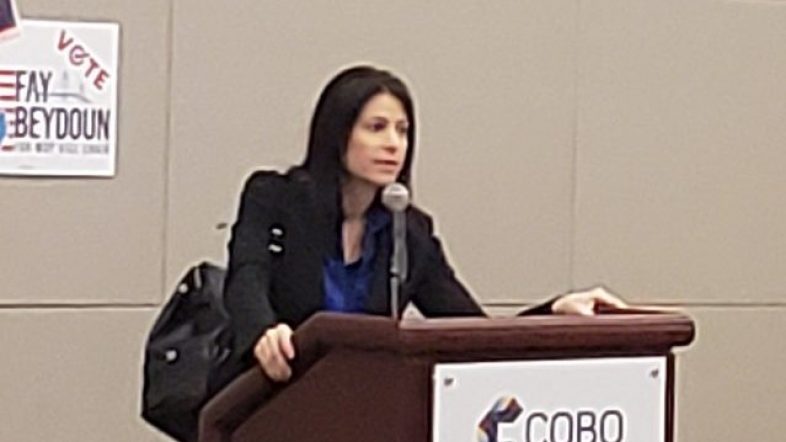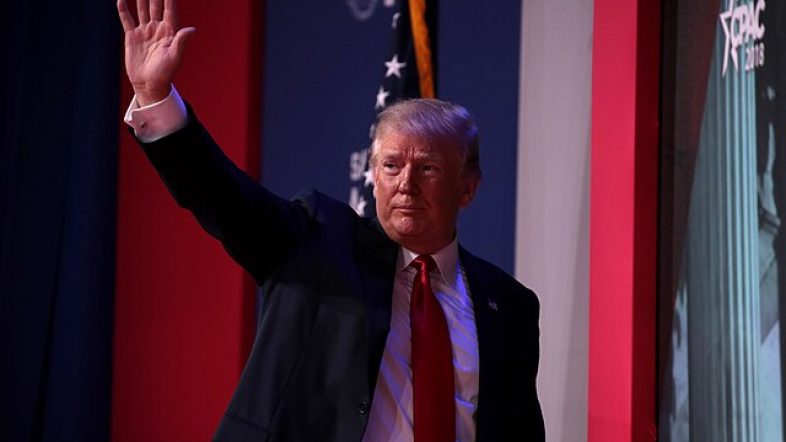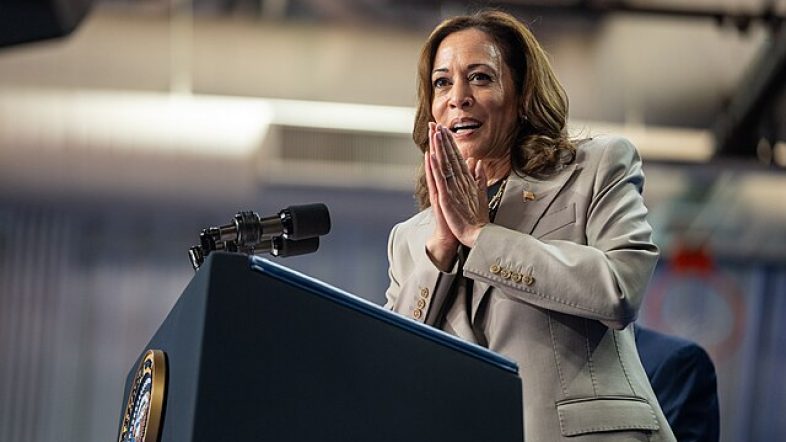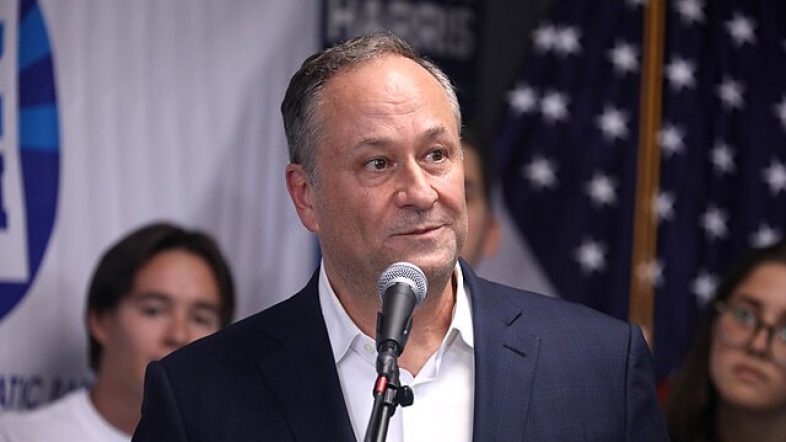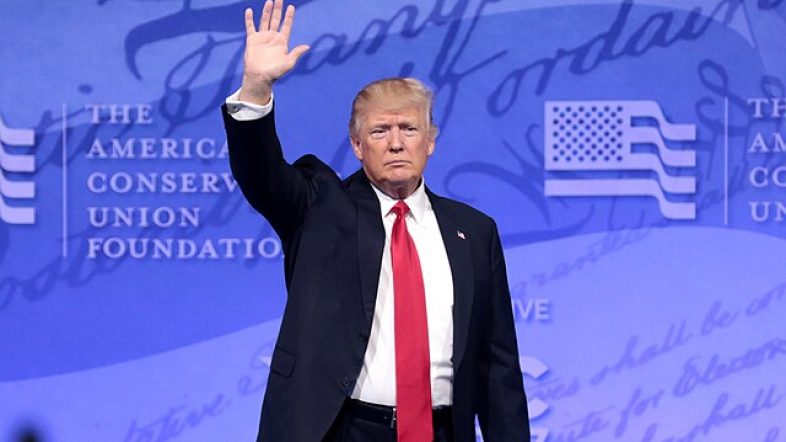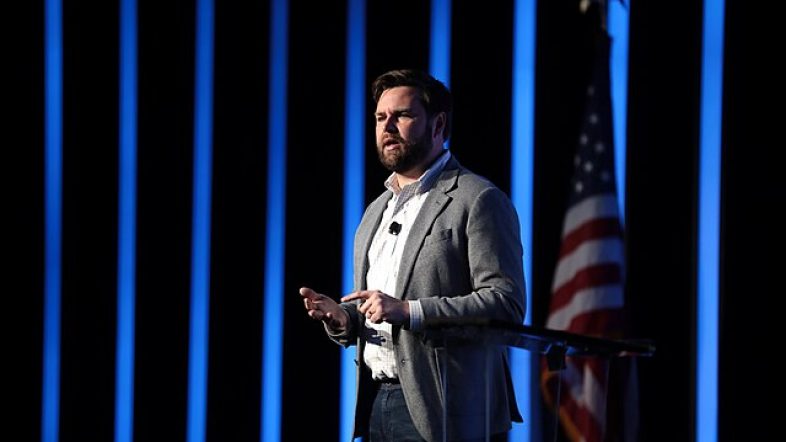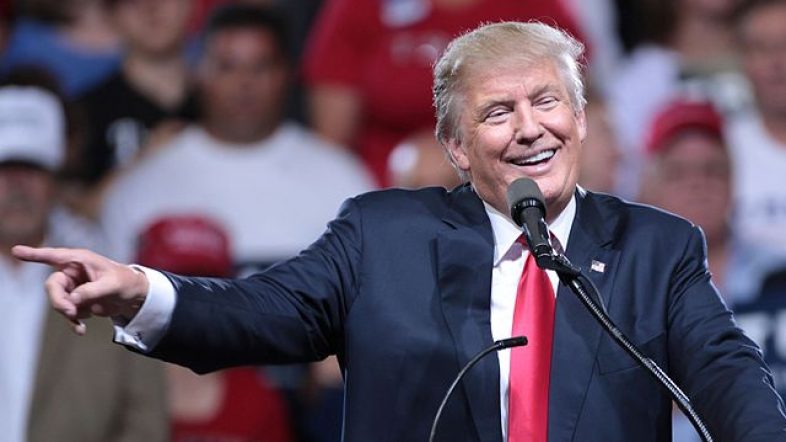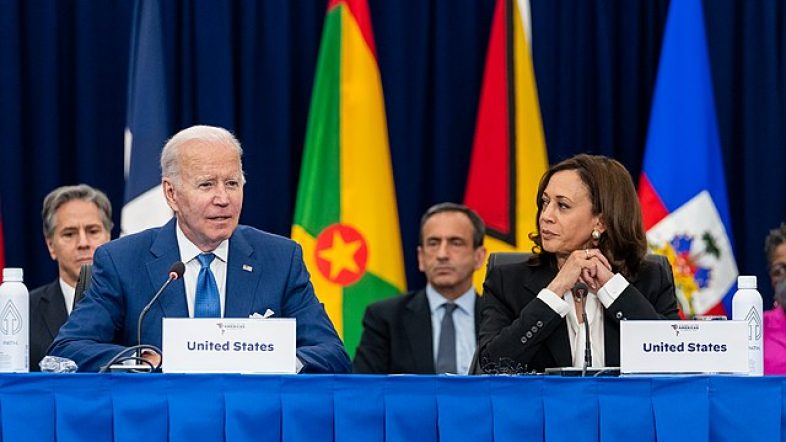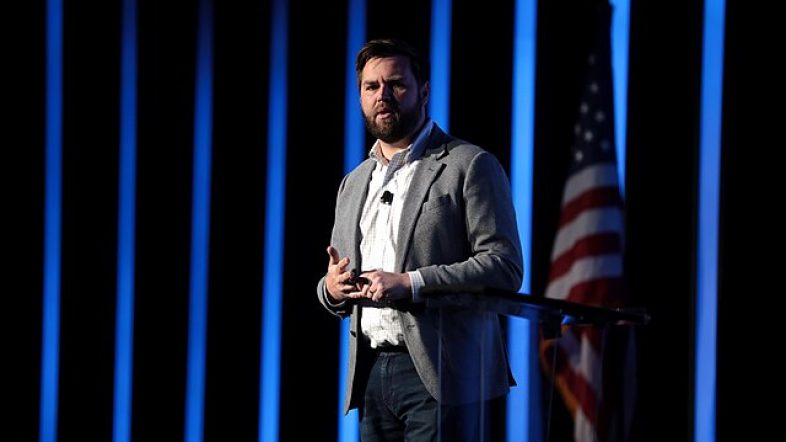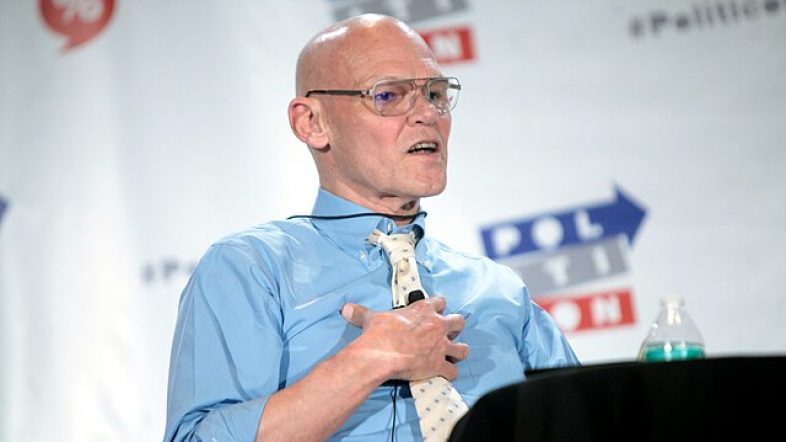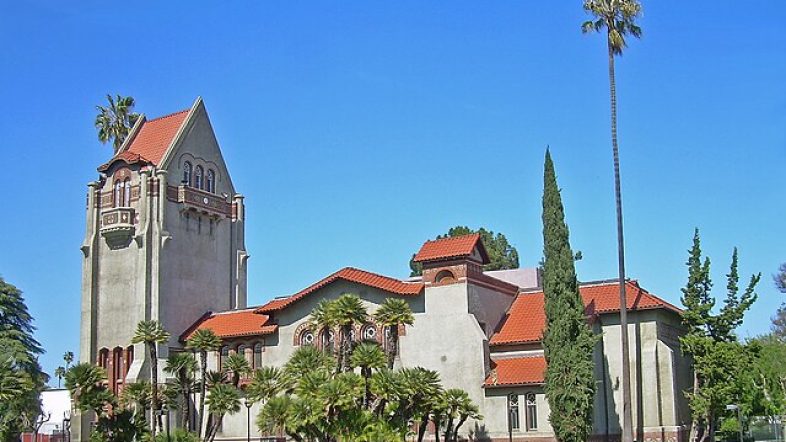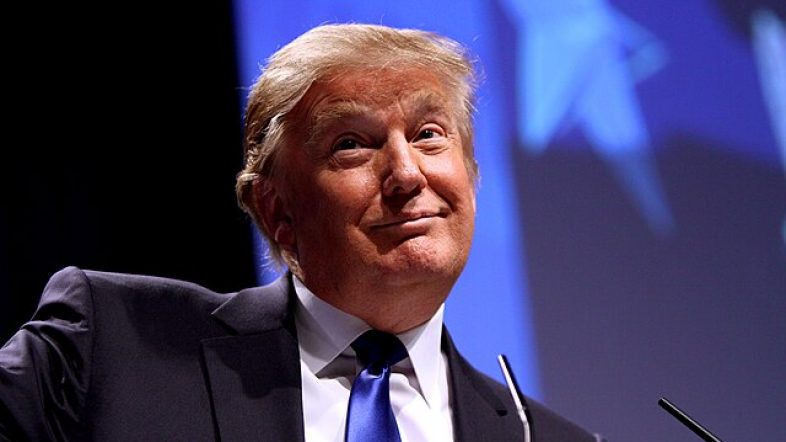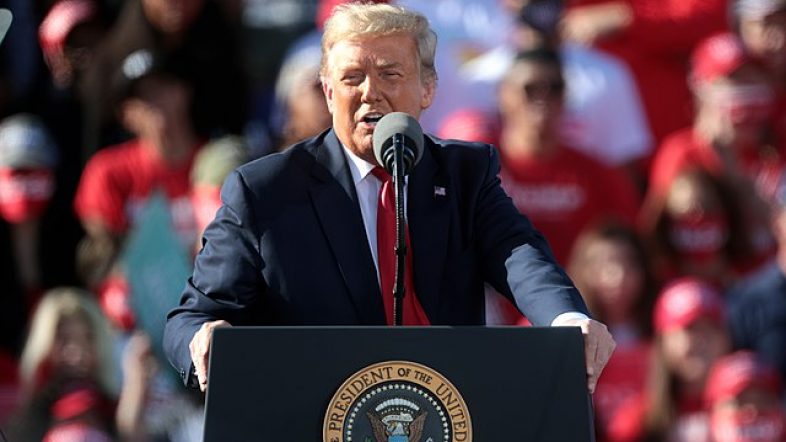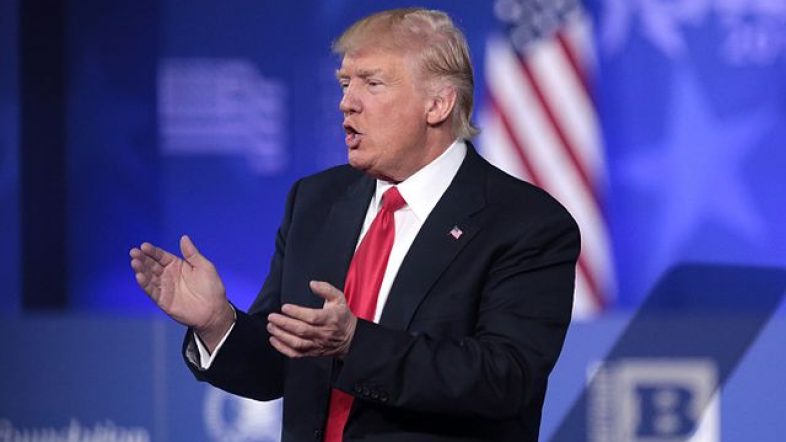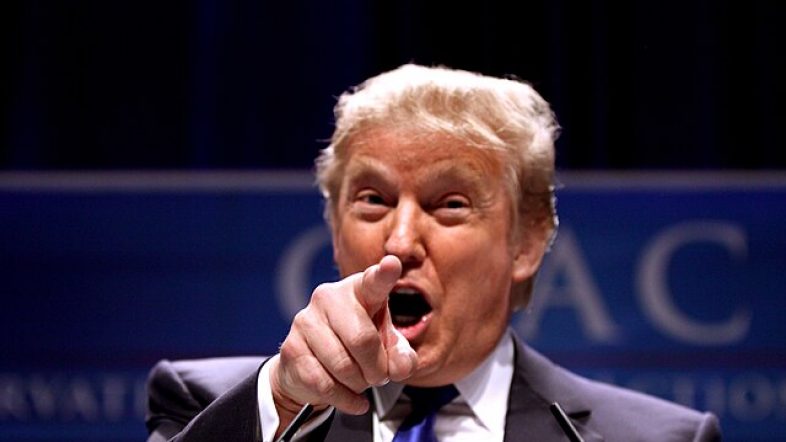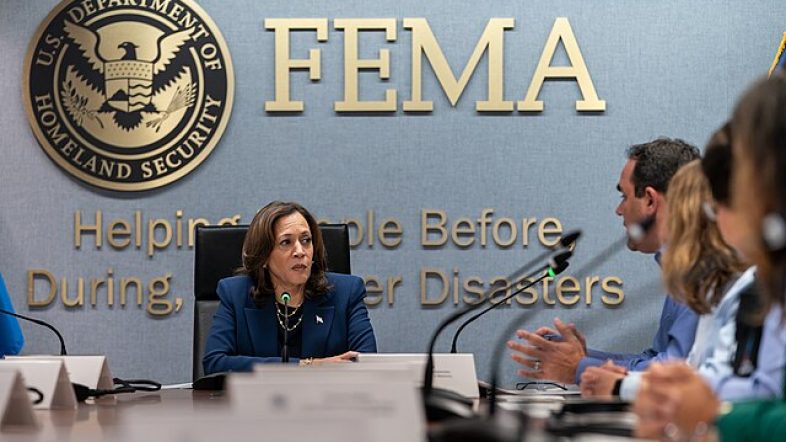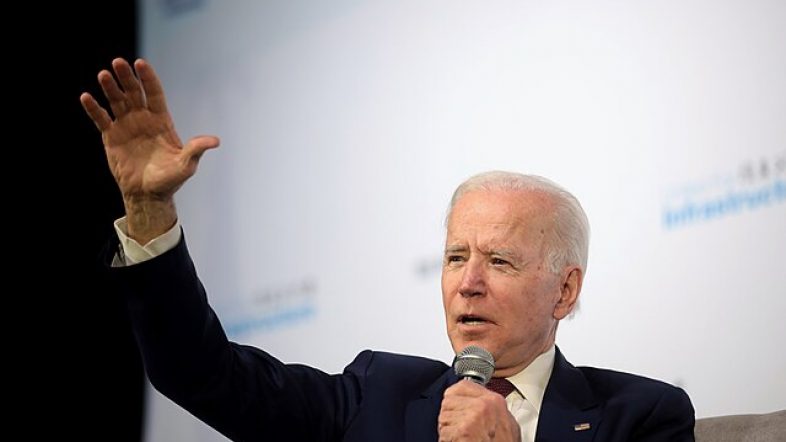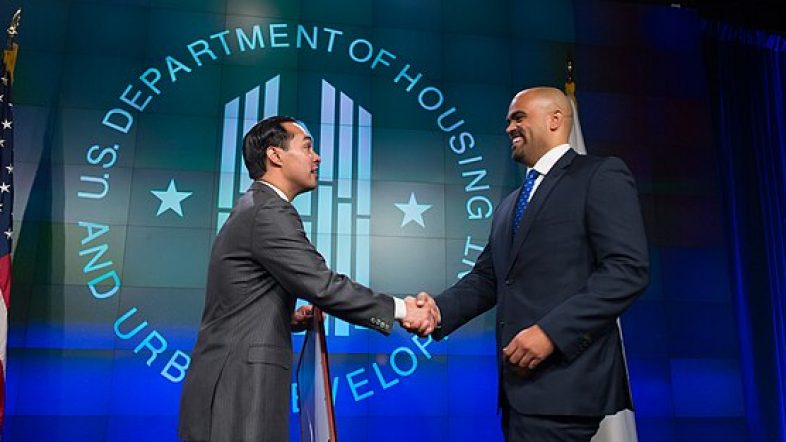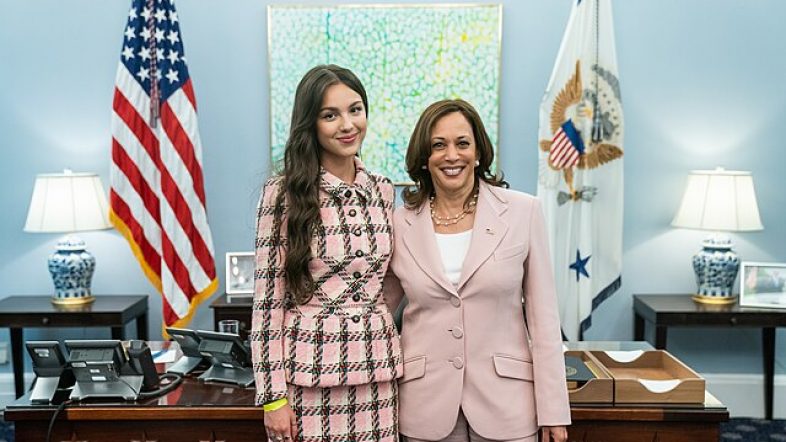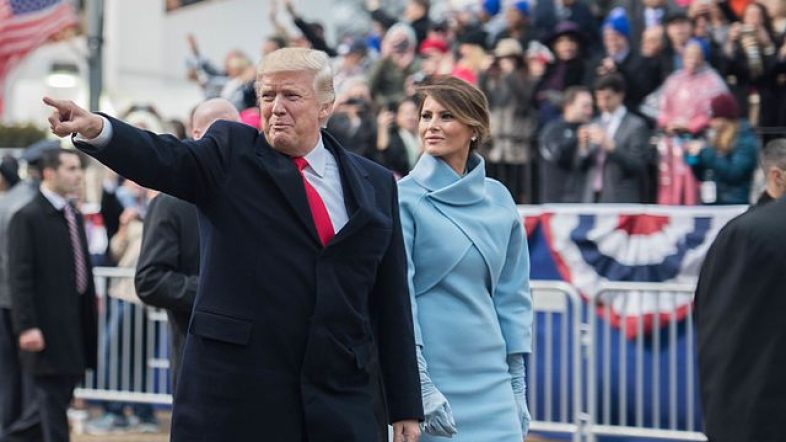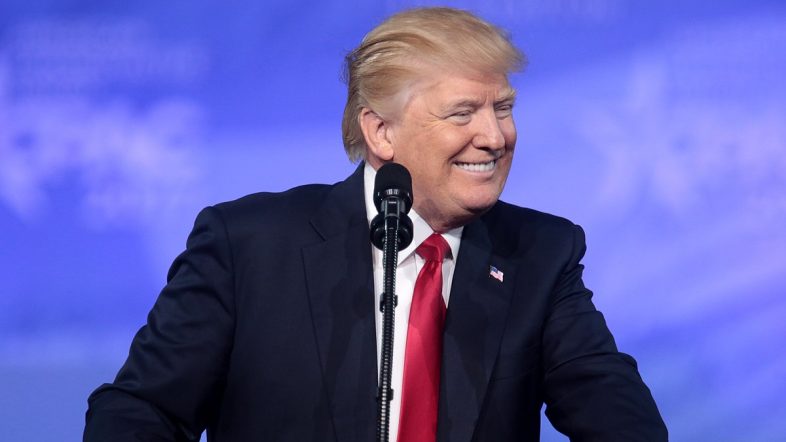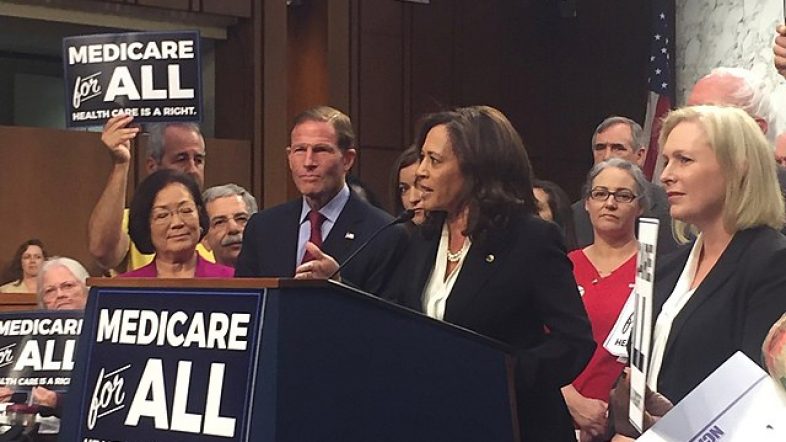The Biden administration released proposed rules for green manufacturing tax credits on Thursday, leaving the door open for Chinese firms to capture their value.
The proposed guidance, released by the Treasury Department, clarifies the eligibility requirements for Inflation Reduction Act (IRA) subsidies meant to incentivize domestic manufacturing of products like solar panels and electric vehicle (EV) parts, according to its text. The guidelines do not include restrictions on entities linked to adversarial foreign countries, and they would allow for China-tied companies to capture the value of tax credits if they establish operations in the U.S. that meet all other eligibility requirements.
The manufacturing tax credits, known as 45X credits, are among the most generous included in the IRA, and they are a key pillar of the administration’s green energy agenda. The administration is counting on the subsidies both to build out the green energy economy they envision and also to spur a wave of job growth in America’s manufacturing sector.
Due to language in the IRA, President Joe Biden’s signature climate bill, the Treasury Department could not impose restrictions on foreign firms in the tax credit guidelines. The administration’s EV consumer tax credit eligibility standards specified restrictions on companies tied to “foreign entities of concern,” including Russia, China, North Korea and Iran.
Biden administration officials expressed that they will scrutinize foreign investments despite the lack of explicit restrictions in the guidance through other means, such as the Treasury Department’s Committee on Foreign Investment in the United States (CFIUS), according to The New York Times. Companies have announced $140 billion in green manufacturing investments since the IRA became law in August 2022, according to Reuters.
The promise of robust manufacturing tax credits prompted companies to announce a flurry of new projects, including several that have drawn the ire of local residents and elected Republicans for their connections to Chinese firms.
Gotion, an American subsidiary entirely owned and controlled by China-based Gotion High-Tech, wants to build subsidized manufacturing facilities in Michigan and Illinois. Gotion High-Tech has extensive connections to the Chinese Communist Party (CCP), and local residents in Green Charter Township, Michigan, voted out local officials in November for supporting the Gotion facility planned for construction in their neighborhood.
Congressional Republicans sent Treasury Secretary Janet Yellen a letter in September demanding a CFIUS review of Gotion’s plans in Michigan and Illinois on account of the company’s connections to the CCCP via Gotion High-Tech.
Gotion’s projects are not the only ones looking to capture tax credit value that have drawn criticism for ties to China.
Ford planned to build a new plant in Michigan where it would use technology licensed by CATL, a Chinese battery company that could pose major national security and espionage problems, according to a recent report by the Foundation for Defense of Democracies. Ford announced in September that it had paused the plant’s construction, which has not yet resumed. Several weeks before that announcement, House Republicans sent a letter to Ford pressing for details about its relationship with CATL.
The White House did not respond immediately to a request for comment.
Nick Pope on December 14, 2023



